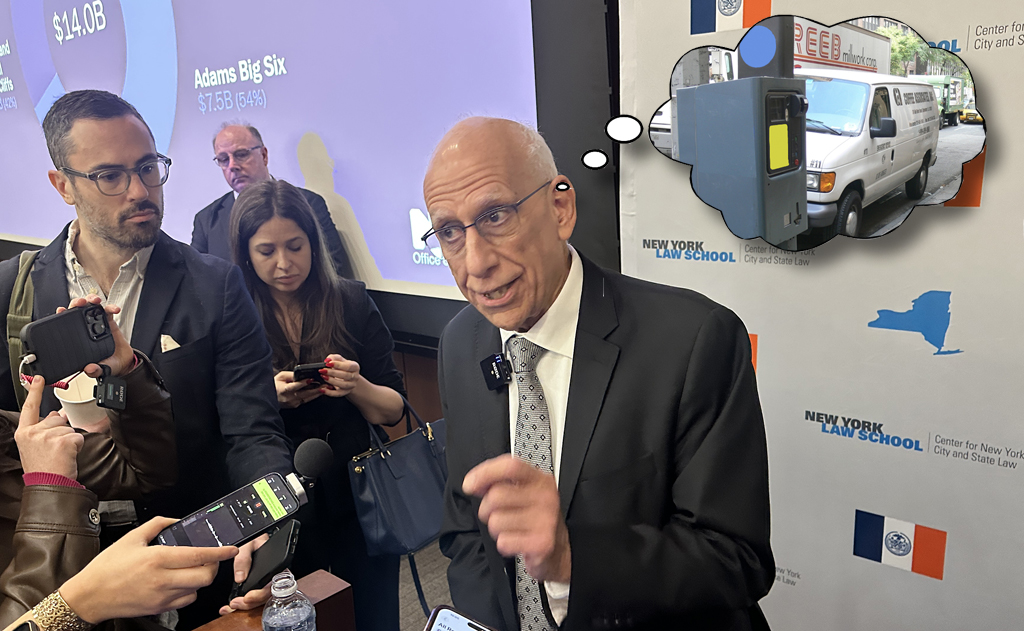
The Atlantic Monthly's Matthew Yglesias argues that high-density living is a key strategy to fight climate change. Yglesias takes issue with fellow Atlantic Online blogger Ross Douthat and author Joel Kotkin, who defend suburban sprawl -- what James Kunstler has famously called "the most destructive development pattern the world has ever seen, and perhaps the greatest misallocation of resources the world has ever known." Reporting on a recent talk by Kotkin, Douthat writes:
The notion that Americans are moving back to downtowns in large numbers is a myth, Kotkin announced; instead, they're moving ever outward, into new exurbs and rural areas. The traditional unipolar urban downtown isn't going to make a comeback: Young couples with families can't afford to live there, and aging Baby Boomers don't want to. The American city of the future will be more of an archipelago of suburbs than the kind of one-downtown organism bred by the Industrial Revolution: "We aren't creating more New Yorks and Chicagos; we're creating more Los Angeleses."
Yglesias counters:
There's the paradox. The urbanist proposal isn't "hey, jerks, why don't you all move to dense downtowns." Rather, the proposal is something like "why don't we impose carbon taxes so that things like driving long distances and heating or cooling large detached structures are priced in accordance with their social cost? Why don't we stop having the federal government heavily subsidize driving cars as the preferred mode of transportation? Why don't we have more areas that allow for high-density zoning, thus reducing the cost of urban housing?" It's not that we urbanists are unaware that many people live in low density areas because its cheaper, it's precisely that we are aware of this fact that makes us believe that the "traditional unipolar downtown" could make a comeback.
Quite naturally, the combination of cars being invented, cars being massively subsidized, and governments being successfully lobbied by car companies to dismantle mass transit systems led to a massive shift in the direction of sprawl. But by that same token, if we step away from those policies to some extent we'll see a rebalancing in the direction of urbanism.
Photo: telesle17/Flickr





